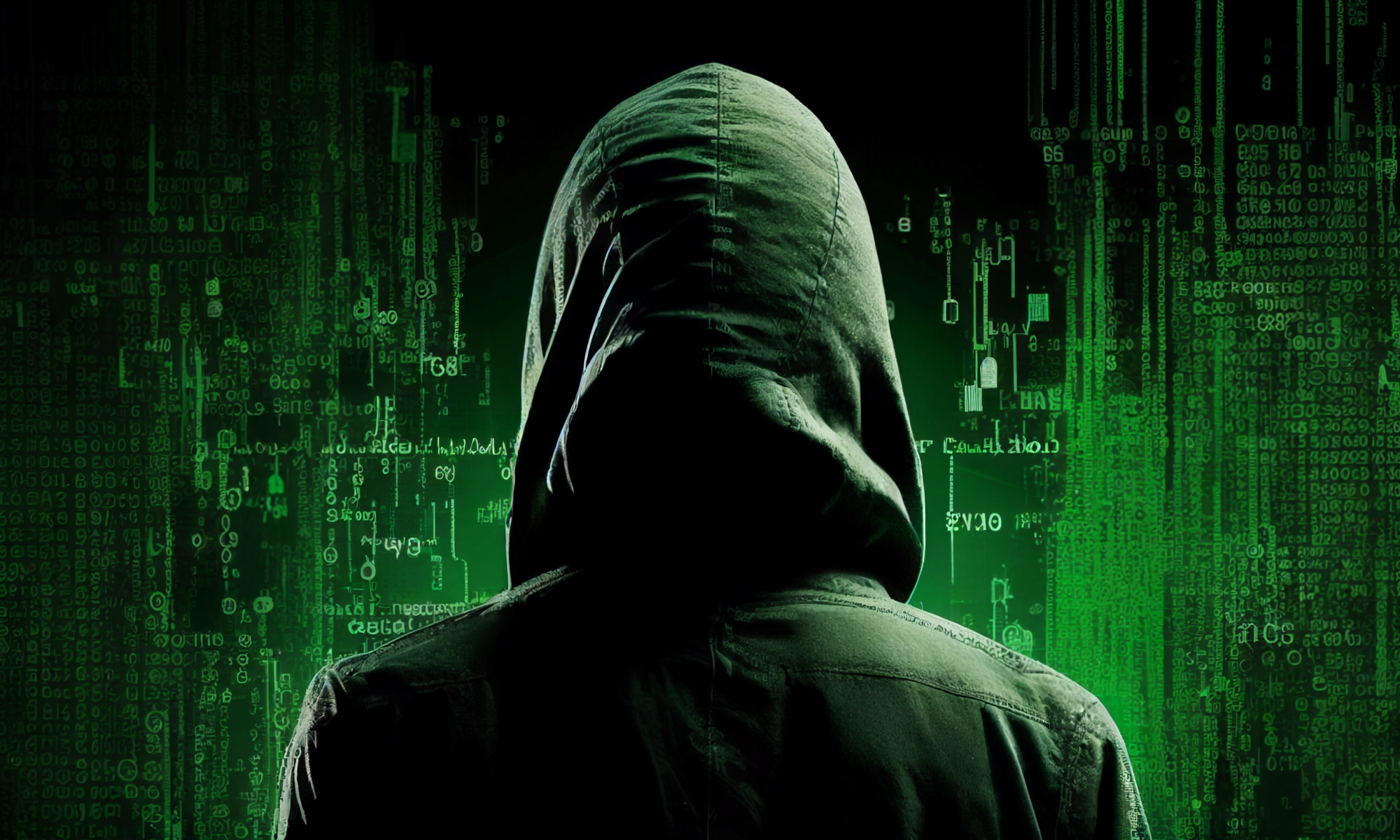The world of technology is constantly evolving and with it, the threat of cyber attacks. Hackers are always finding new ways to gain access to sensitive information, and companies are becoming increasingly vulnerable. In today’s digital age, businesses must take proactive steps to protect themselves from these cyber threats. In this blog post, we’ll discuss the biggest fears regarding getting hacked as a company and how you can avoid it by naming the 5 most important countermeasures.
- Loss of Confidential Information One of the biggest fears for companies is the loss of confidential information. This could include sensitive customer data, trade secrets, or financial information. In the wrong hands, this information can be used for fraudulent purposes, damaging the reputation of the company.
- Financial Loss Another fear for companies is the financial loss that can occur from a cyber attack. This could be in the form of stolen funds, lost revenue from business disruption, or the cost of fixing the damage caused by the attack.
- Damage to Reputation A cyber attack can also have a lasting impact on a company’s reputation. If sensitive information is released or customer data is stolen, it can lead to a loss of trust among consumers and a decline in business.
- Legal Consequences In some cases, companies may also face legal consequences for failing to protect sensitive information. This could include fines, lawsuits, or regulatory action.
- Increased Cybersecurity Risks Finally, a successful cyber attack can increase a company’s overall cybersecurity risk. This is because once a vulnerability has been exploited, it can be more difficult to detect and prevent future attacks.
The Five Most Important Countermeasures
Now that we have discussed the biggest fears regarding getting hacked as a company, let’s look at the 5 most important countermeasures to avoid it:
- Employee Awareness and Training: It is important to educate employees on the dangers of cyber attacks and how to identify potential threats. Regular training sessions can help employees stay informed about the latest tactics used by hackers and how to prevent them.
- Strong Passwords and Two-Factor Authentication Enforcing strong passwords and using two-factor authentication can help prevent unauthorized access to sensitive information. This can be especially important for employees who have access to sensitive data or systems.
- Regular Software and System Updates Keeping software and systems up-to-date with the latest patches and security updates can help prevent vulnerabilities from being exploited by hackers.
- Use of Firewalls and Antivirus Software: Installing firewalls and antivirus software can help prevent unauthorized access to sensitive information and detect potential threats.
- Regular Backups and Disaster Recovery Plans: Regularly backing up data and having a disaster recovery plan in place can help ensure that valuable information is protected and can be recovered in the event of a cyber attack.
In conclusion, companies must take proactive steps to protect themselves from cyber attacks. By educating employees, implementing strong security measures, and regularly updating systems, companies can reduce their risk of falling victim to a cyber attack.
